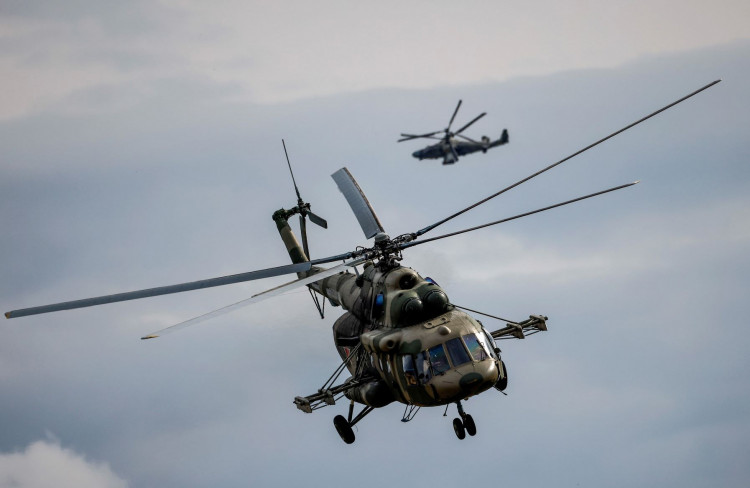In a significant escalation of military actions in Yemen, the United States has carried out targeted strikes against the Houthi rebel group's anti-ship ballistic missiles. This move comes as a response to the continued Houthi attacks on commercial shipping in the strategic Red Sea corridor, a vital route for international trade.
The recent U.S. strike, aimed at four Houthi-controlled ballistic missiles, was executed amid rising tensions over the Iran-aligned group's aggressive posture towards Red Sea shipping. According to U.S. officials, this proactive approach indicates a shift to a more assertive stance by the U.S. military against the Houthis.
This latest strike follows a pattern of Houthi attacks on vessels in the region, including the U.S.-owned and operated dry bulk ship Gibraltar Eagle, which was hit by an anti-ship ballistic missile. The Houthis, who control significant parts of Yemen, have justified their attacks as acts of solidarity with Palestinians in the Israel-Gaza conflict.
The U.S. military's Central Command recently disclosed its first seizure in over four years of advanced Iranian-manufactured ballistic missile and cruise missile components, signaling heightened U.S. involvement in countering Houthi military capabilities. "Initial analysis indicates these same weapons have been employed by the Houthis to threaten and attack innocent mariners on international merchant ships transiting in the Red Sea," the Central Command stated.
The Houthis have remained defiant despite recent U.S. and UK strikes targeting their radar and missile capabilities. A Malta-flagged, Greek-owned bulk carrier, the Zografia, was recently targeted and hit by a Houthi missile in the Red
Sea, emphasizing the ongoing threat posed by the group. The Houthi military spokesperson Yahya Sarea confirmed a "direct hit" on the vessel, which sustained material damage but no injuries.
The implications of these attacks are far-reaching, impacting global shipping routes and stoking fears of inflation due to disruptions in critical supply chains. In response to the threat, container vessels have been rerouting from the Red Sea, opting for the longer journey around South Africa's Cape of Good Hope. This shift has led to a surge in freight rates, adding significant costs to global trade.
Major oil and shipping companies, including Shell and Russian tanker group Sovcomflot, have suspended or are reconsidering their shipments through the Red Sea due to security concerns. The European Union is also reportedly considering the creation of a naval mission to protect ships from Houthi attacks in the region.
The U.S. has conducted several rounds of strikes against Houthi infrastructure, targeting their launching systems, production facilities, air defense radar systems, and command and control nodes. These operations, while designed to degrade Houthi capabilities, have not fully deterred the group's aggressive actions, as acknowledged by U.S. National Security Adviser Jake Sullivan at the World Economic Forum in Davos.
The escalation of U.S. military involvement in Yemen underscores the strategic importance of the Red Sea and the need to ensure the safe passage of international commerce. The Houthi attacks represent a significant challenge to global shipping and the stability of a region critical to the world economy. The United States, along with its allies, continues to monitor the situation closely, reserving the right to take further action as necessary to protect international trade and regional stability.




